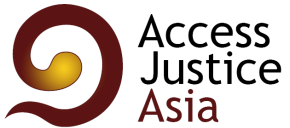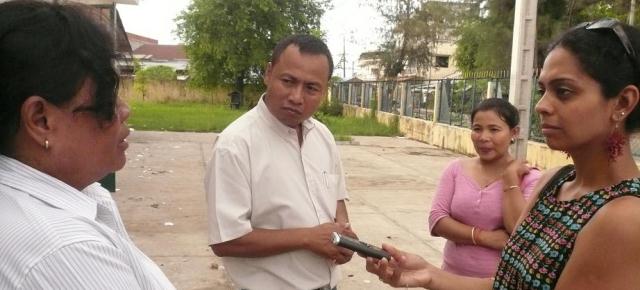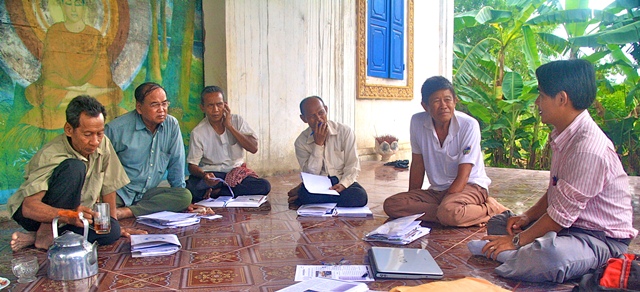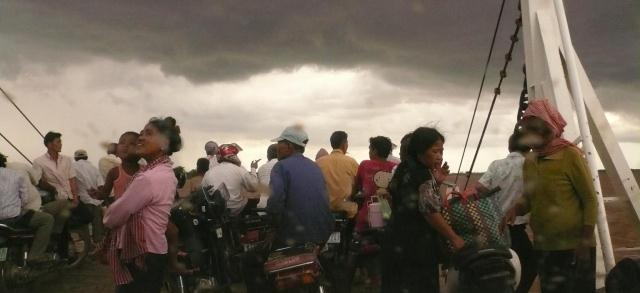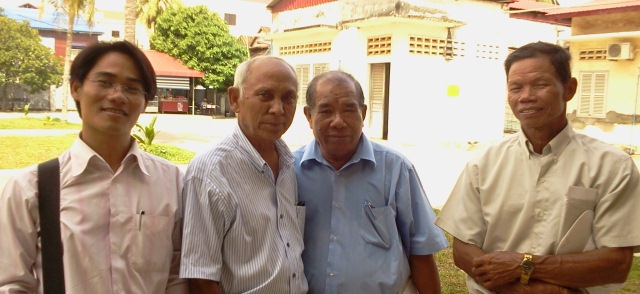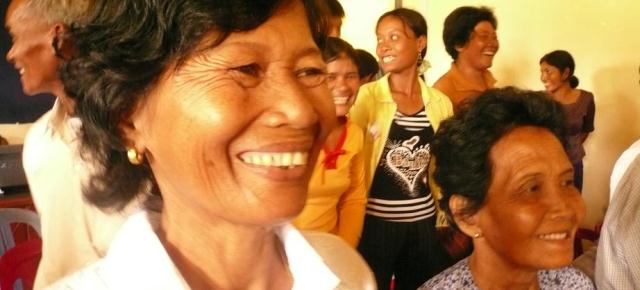
Access to Justice Asia (AJA) was established in 2008 as a non-partisan, non-profit, volunteer-led organization dedicated to working with Cambodian survivors of war crimes and genocide during the Khmer Rouge period (1975-1979). Since 2008, members of AJA have had other accomplishments including undertaking research on the development of human rights policy and practice in the ASEAN region. From 2008-2012, AJA’s key contributions and collaborations in the human rights field included:
- 2008-2013: Representation of 132 indigenous Khmer Krom clients before the Extraordinary Chambers in the Courts of Cambodia (ECCC), which has involved advocacy and direct impact litigation.
- 2009-2012: Collaboration with human rights law clinic students from University of California, Berkeley as well as Yale University for the Khmer Krom case, from 2009-2012.
- 2010: The creation of the Justice, Art, Memory Program (J.A.M™) summer program which used oral history documentation, video and photography to record the stories of the Khmer Krom.
- 2011: The establishment of the Asian Peace-building and Rule of Law Program (APRL) in collaboration with the School of Law at the Singapore Management University.
- 2011-2012: AJA’s members have played a key role as lead researchers for the Human Rights Resource Centre for ASEAN’s (HRRC) first baseline study on rule of law in ASEAN in 2010-2011, as well as subsequent studies on women & children and business & human rights (2011-2012).
The pro bono representation of indigenous Khmer Krom civil parties at the ECCC remains a mainstay and key focus of AJA’s work in Cambodia.
In this website, you will find a general archive documenting our efforts in this regard from 2008 to 2013 thus far. You will also find information about articles written by, or relevant to, our work and interests in the ASEAN region.
